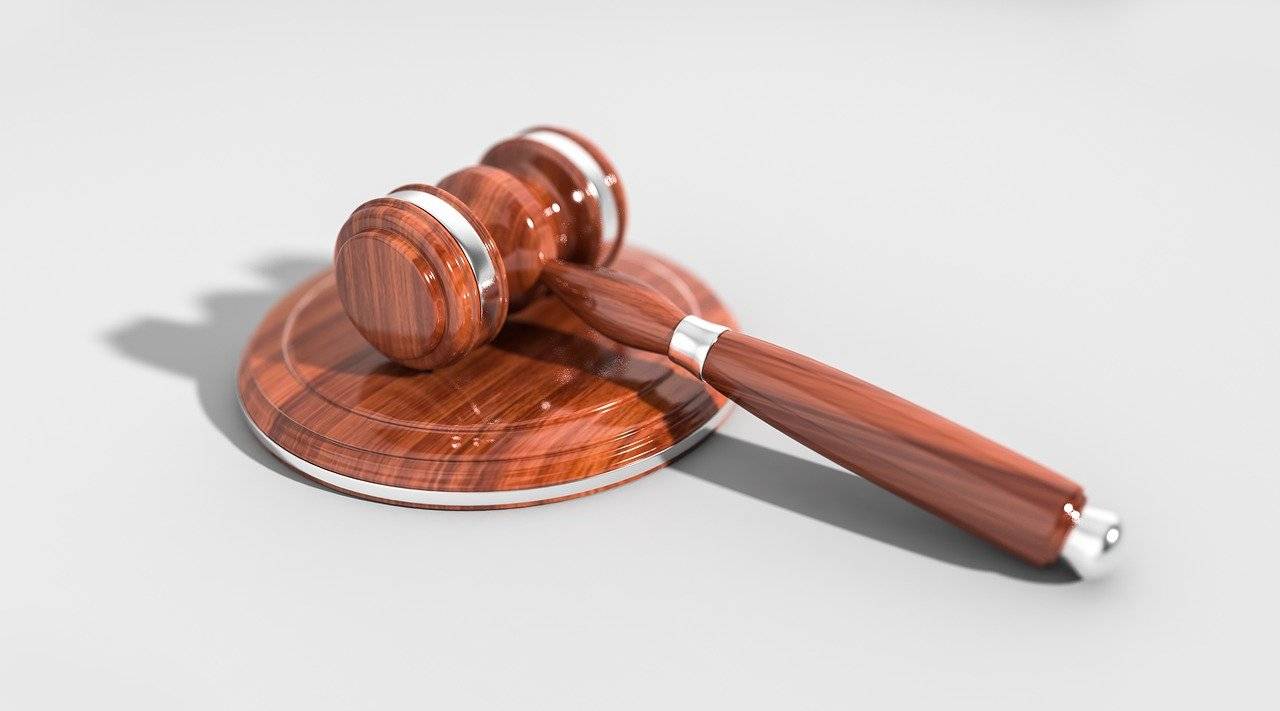South African Breweries International and Another v. Mohan Goldwater Breweries Ltd and Another (High Court of Delhi)
FACTS
Plaintiff No. 1 is a company registered in Netherlands and Plaintiff No. 2 is a joint venture company registered in India. Plaintiff No. 1 has registered CASTLE and CASTLE label in respect of beer in many countries and claims sale of USD 1 billion. The Plaintiffs contend that their mark is a well-known mark in India as well as in other countries and is well recognized worldwide. They have sponsored the South African cricket team for 10 years and on account of its wide publicity, its marks have also become popular. They have been in this business in India since 1974 and under the trademark CASTLE. The Plaintiffs applied for registration of their mark on 29th April 1995 and label on 6th February 1996. In 2002, the Defendants sent a notice to the Plaintiff claiming the ownership of the trademark CASTLE PILSNER in respect of beer. They also claimed that the trademark OLDCASTLE and CASTLE were registered in their favour on 30th May, 1972 and 22nd October, 1973 respectively and also claimed that the plaintiffs were passing off their goods as those originating from the defendants thereby infringing their registered trademark. Subsequently, it was brought to the Plaintiffs notice that the said marks were removed from the Register of Trademarks and the defendants never sold any product bearing the trademark CASTLE. The plaintiffs have sought an injunction, restraining the defendants from manufacturing, selling, offering for sale or advertising any beer or alcoholic beverages, using the trademark CASTLE. They also sought delivery up of all the goods, packaging material bearing the impugned mark besides damages of Rs 20,00,000/-. The Defendants argued that they were the first user of the trademark CASTLE and since it is being used by them since 1972, the Plaintiffs have no right over the said mark. The Plaintiffs and the Defendants reached a settlement in 2010, wherein, the Plaintiff acknowledged the Defendants to be the proprietor of the trademark KINGCASTLE in respect of whiskey and the Defendants undertook not to use the trademark CASTLE.
The issue in the instant case revolves around the question of whether the defendants are liable for passing off the Plaintiff’s trademark. At the time of filing of this suit, the Plaintiff had not registered the trademark CASTLE and hence the suit is based on passing off.
DECISION
The Court relied on Wander Limited v. Antox India Private Limited and opined that Passing-off is said to be a species of unfair trade competition or of actionable unfair trading by which one person, through deception, attempts to obtain an economic benefit of the reputation which another has established for himself in a particular trade or business.
After considering the merits of the case, the Court came to the conclusion that there was no evidence to prove the registration of the trademarks CASTLE and OLDCASTLE in the name of the Defendants on the date of filing of the suit and thereafter. The Defendants are no longer the registered proprietors of the said mark and held that the Defendants have no right to use this mark and thereby pass off its goods as that of the plaintiff. It was further held that the owner of a trademark is well within his right in coming to the Court, for grant of an injunction, the moment he has a genuine apprehension that the defendant is likely to infringe his mark or to pass off his goods as those of the plaintiff. He need not necessarily wait till the actual invasion of his rights and the law entitles him to take remedial action, well in time, whenever there is a reasonable threat of his right being invaded. The court granted a permanent injunction restraining the Defendants from selling, distributing or marketing beer under the trademark CASTLE and/or OLDCASTLE. However, no damages were awarded.
REASONING
The decision of the Court is based on misrepresentation and deceptive similarity of the two marks. The court further opined, the customer coming across beer being sold under the trademark OLDCASTLE may buy this product assuming, on account of the use of the word CASTLE, it to be a product of the plaintiff company. He may, on seeing a bottle or can of beer bearing the trademark OLD CASTLE genuinely believe that either this product has been manufactured by the plaintiff company or it is being manufactured under license or in collaboration with it, and that is why the word CASTLE has been used as a part of the trademark under which the product is being sold.
Authored by Ms. Aruna.
To know more about the Intellectual Property services offered by BananaIP (Earlier known as Brain League) visit bananaip.com



